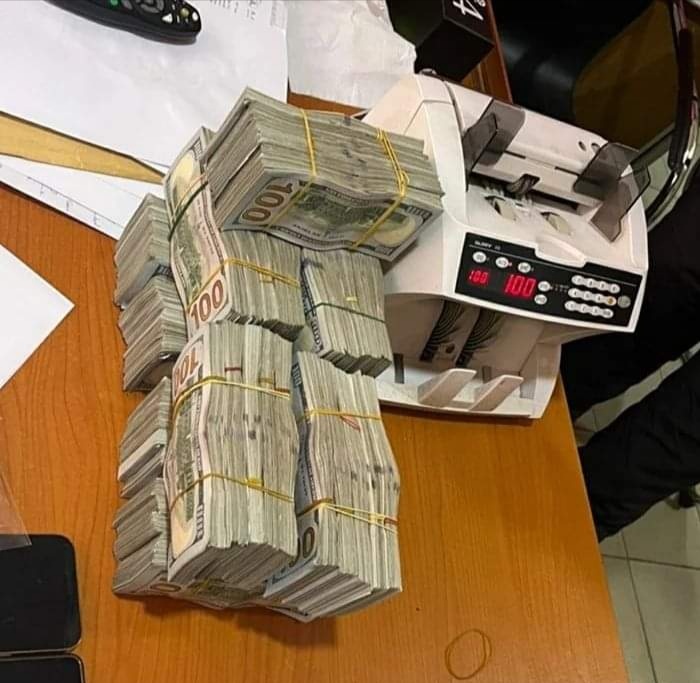Business
Naira strengthens as dollar supply surges in Nigeria

The Nigerian naira experienced a modest rebound on Thursday, October 3, 2024, driven by a substantial increase in dollar availability in the official market.
According to the FMDQ, which tracks daily trades in Nigeria’s Autonomous Foreign Exchange Market, the naira appreciated by 0.60%, closing at N1,659.26 per US dollar. This represents a slight improvement from the previous day’s close of N1,669.15.
This uptick followed a significant loss the day before, when the naira depreciated by 8.25%, dropping from N1,541 at the end of September to N1,669.15 on October 2, 2024.
READ ALSO :EFCC arrests 33 suspected internet fraudsters in Rivers, recovers fake dollars, others
Since dipping below the N1,600 mark in July, the naira has faced ongoing volatility, fluctuating between N1,500 and N1,600, as it struggles for stability amid a fluctuating dollar market.
On Thursday, foreign exchange turnover surged by 147.66%, jumping from $181.86 million to $450.39 million—the highest single-day volume since May 24, 2024, when $556.25 million was traded. This surge in liquidity played a role in the naira’s slight appreciation, offering brief relief to the embattled currency.
In September, the naira’s performance was marked by stagnation as it sought balance in turbulent market conditions. While the recent spike in dollar supply signals some optimism, the naira remains under pressure.
During a recent press briefing following the 297th meeting of the monetary policy committee in Abuja, the Governor of the Central Bank of Nigeria, Yemi Cardoso, acknowledged that while the apex bank is working to diversify the country’s foreign exchange sources, this alone is insufficient. He stressed that fundamental economic reforms are still needed.
Cardoso pointed to the Dangote Refinery as a potential game changer for Nigeria’s economy, which has been heavily dependent on foreign currency.
He noted that tapping into fuel production from the $20 billion refinery could ease foreign exchange pressures and have a ripple effect on Nigeria’s dollar-starved economy.





















